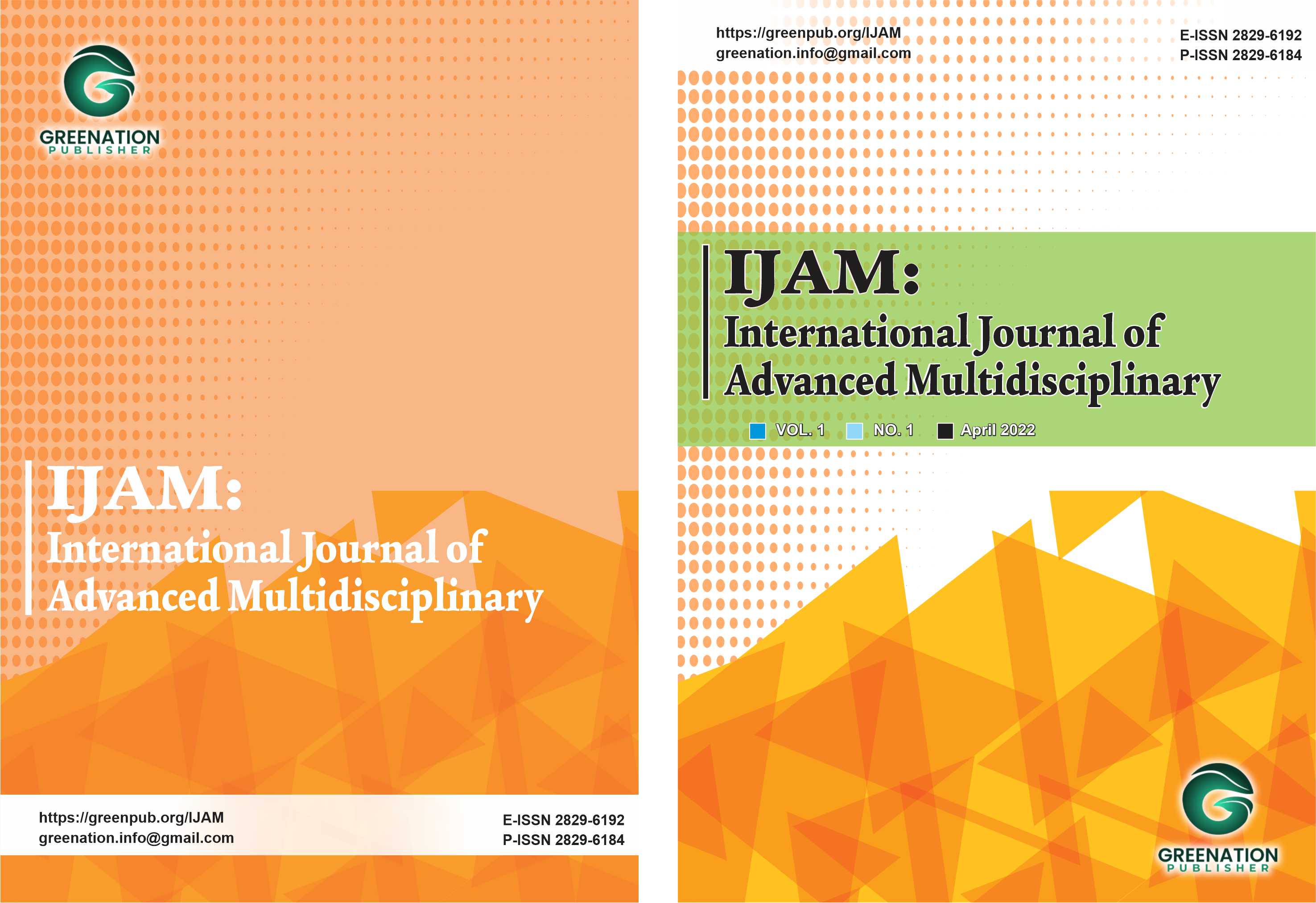The Relationship Between Hypertension and the Occurrence of Aneurysms in AV Shunts in CKD Stage V Patients at RSU Kertha Usadha Singaraja
DOI:
https://doi.org/10.38035/ijam.v3i4.766Keywords:
Chronic Kidney Disease, AV Shunt, Hypertension, Aneurysm, Hemodialysis, Vascular Complications.Abstract
Chronic Kidney Disease (CKD) stage V patients rely on hemodialysis using arteriovenous (AV) shunts for treatment. However, aneurysms frequently occur as complications, threatening the efficacy of therapy. Hypertension, a prevalent condition in CKD patients, increases the risk of aneurysm formation through sustained high pressure on blood vessel walls. This study investigates the relationship between hypertension and aneurysm occurrence in AV shunts among CKD stage V patients. Method : This cross-sectional observational study was conducted at RSU Kertha Usadha Singaraja, involving 40 CKD stage V patients undergoing hemodialysis. Data collection included medical record reviews, blood pressure measurements, and physical examination for aneurysm detection. The association between hypertension and aneurysm incidence was analyzed using the Chi-square test. Result : Among the 40 participants, 27.5% had aneurysms, with a significant association between uncontrolled hypertension and aneurysm occurrence (p = 0.013). Patients with uncontrolled blood pressure were more likely to develop aneurysms (45%) compared to those with controlled blood pressure (10%). The findings underline the importance of blood pressure management in mitigating aneurysm risk. Conclussion : Uncontrolled hypertension significantly contributes to aneurysm formation in AV shunts among CKD stage V patients. Effective blood pressure management is essential to reduce vascular complications, ensuring better outcomes and sustainability of hemodialysis therapy.
References
Ahmed A. Current management of aneurysmal hemodialysis arteriovenous fistulas: Brief review.
Albakri A. High output heart failure: A review of clinical status - epidemiology, pathophysiology, diagnosis, prognosis and clinical management. Med Clin Arch [Internet]. 2019 [cited 2025 Jan 16];3(3). Available from: https://www.oatext.com/high-output-heart-failure-a-review-of-clinical-status-epidemiology-pathophysiology-diagnosis-prognosis-and-clinical-management.php
Çak?c? M. Surgical interventions for arteriovenous fistula aneurysms: Our single-center experience. Damar Cerrahi Derg. 2017 Dec 25;26(1):12–7.
Fitts MK, Pike DB, Anderson K, Shiu YT. Hemodynamic Shear Stress and Endothelial Dysfunction in Hemodialysis Access. Open Urol Nephrol J. 2014 May 30;7(1):33–44.
Furusho M, Kawazu M, Takeda K, Kurachi E, Nakashima T, Sagara R, et al. Nephrology pre?dialysis care affects the psychological adjustment, not only blood pressure, anemia, and phosphorus control. Hemodial Int [Internet]. 2015 Oct [cited 2025 Jan 16];19(S3). Available from: https://onlinelibrary.wiley.com/doi/10.1111/hdi.12345
Inston N, Mistry H, Gilbert J, Kingsmore D, Raza Z, Tozzi M, et al. Aneurysms in Vascular Access: State of the Art and Future Developments. J Vasc Access. 2017 Nov;18(6):464–72.
Miller GA, Hwang WW. Challenges and Management of High-Flow Arteriovenous Fistulae. Semin Nephrol. 2012 Nov;32(6):545–50.
Nassar GM, Ayus JC. Infectious complications of the hemodialysis access. Kidney Int. 2001 Jul;60(1):1–13.
Padberg FT, Calligaro KD, Sidawy AN. Complications of arteriovenous hemodialysis access: Recognition and management. J Vasc Surg. 2008 Nov;48(5):S55–80.
Siddiky A, Sarwar K, Ahmad N, Gilbert J. Management of arteriovenous fistulas. BMJ. 2014 Oct 30;349(oct30 4):g6262–g6262.
Staaf K, Fernström A, Uhlin F. Cannulation technique and complications in arteriovenous fistulas: a Swedish Renal Registry-based cohort study. BMC Nephrol. 2021 Dec;22(1):256.
Sumadi GJ, Pandelaki PA, Wijaya CN, Antoni M. Fistula Arteriovenosa untuk Hemodialisis pada Penderita Gagal Ginjal Kronik.
Downloads
Published
How to Cite
Issue
Section
License
Copyright (c) 2025 I Putu Eka Dharma Putra

This work is licensed under a Creative Commons Attribution 4.0 International License.
Authors who publish their manuscripts in this journal agree to the following conditions:
- The copyright on each article belongs to the author(s).
- The author acknowledges that the International Journal of Advanced Multidisciplinary (IJAM) has the right to be the first to publish with a Creative Commons Attribution 4.0 International license (Attribution 4.0 International (CC BY 4.0).
- Authors can submit articles separately, arrange for the non-exclusive distribution of manuscripts that have been published in this journal into other versions (e.g., sent to the author's institutional repository, publication into books, etc.), by acknowledging that the manuscript has been published for the first time in the International Journal of Advanced Multidisciplinary (IJAM).






















